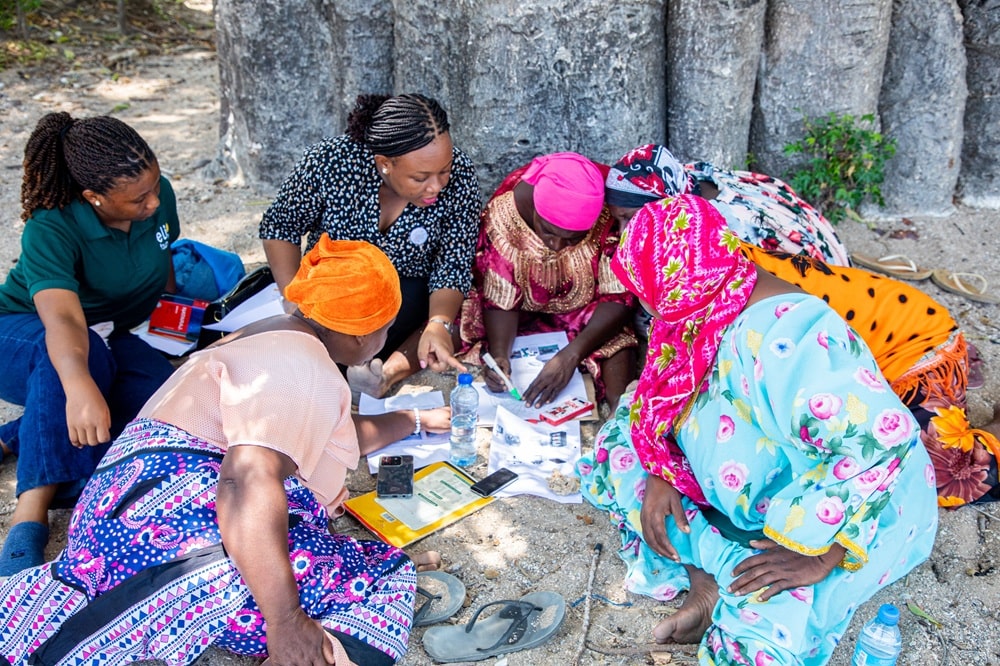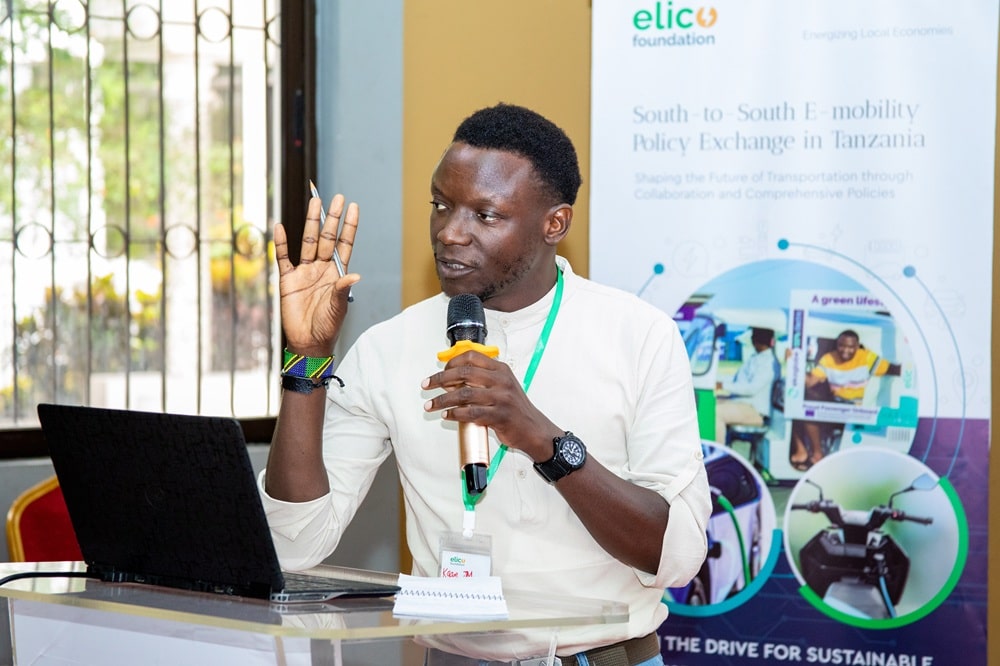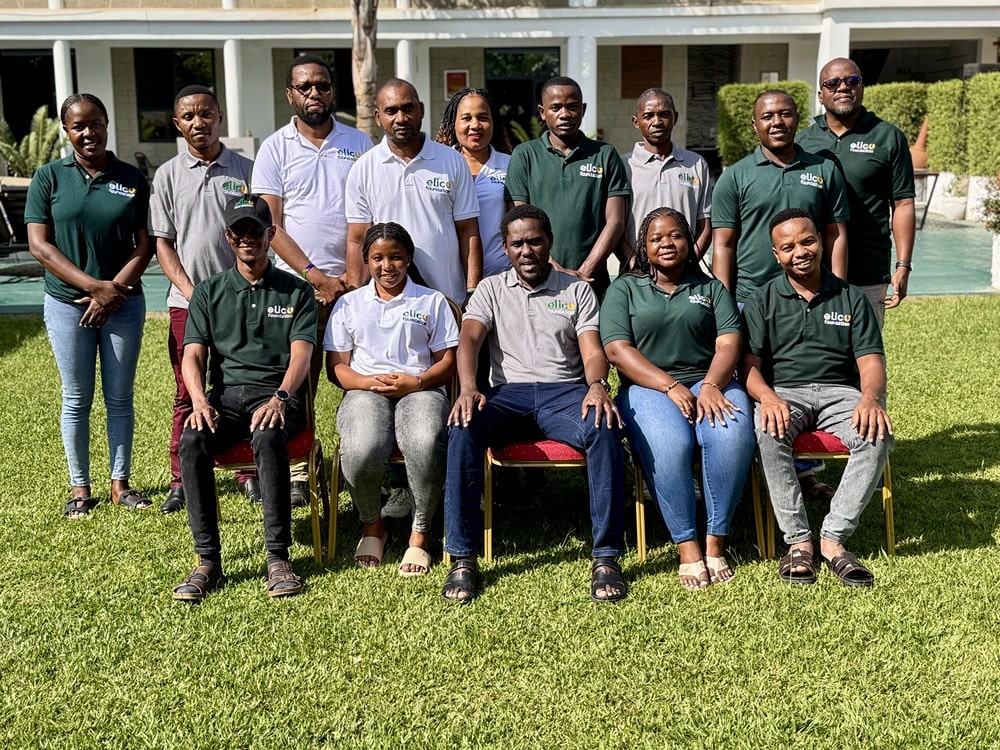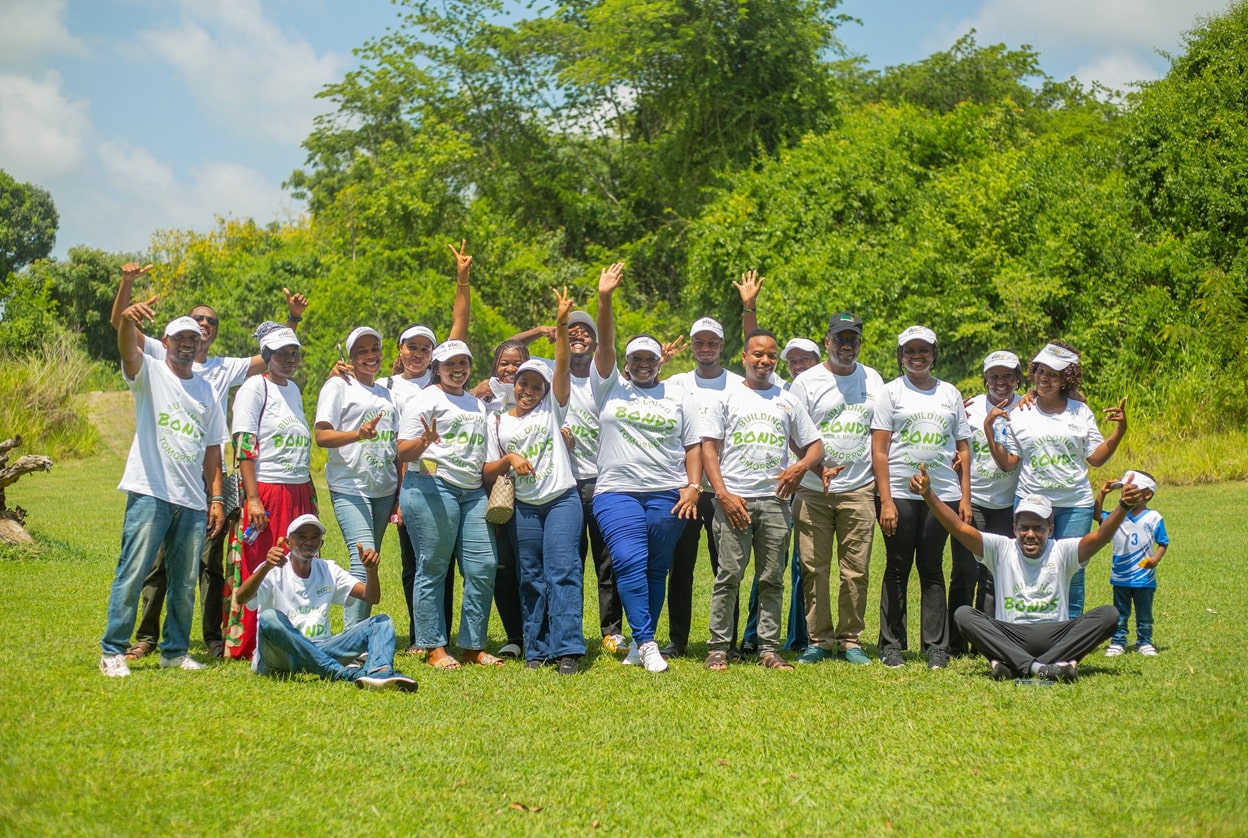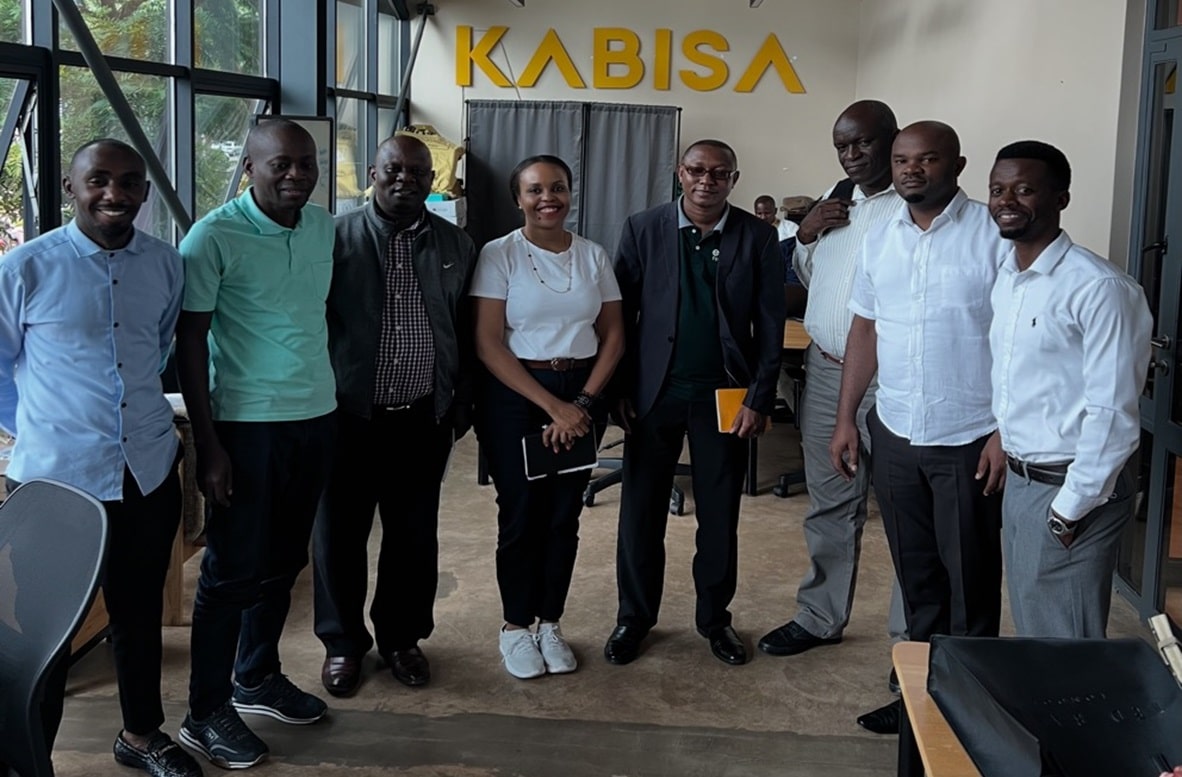A powerful transformation is quietly taking root in the rural villages of Chemba District, Dodoma. For many years, childbirth in this region was marked by fear, darkness, and uncertainty. Health centers lacked electricity, and women often gave birth at home without skilled care or proper hygiene. But today, hope is shining—thanks to the Kijanisha Afya programme.
This initiative, officially known as “Greening Primary Health Services Delivery in Underserved Communities,” is led by the ELICO Foundation with support from the Embassy of Ireland and the Government of Tanzania. It is doing more than just lighting up health centers—it is lighting the path to safer motherhood and healthier communities.
Ombiri Village: From Pain to Possibility
In Ombiri village, memories of difficult home births are still fresh. Village chairman Mr. Salum Juma Idonga, a father of twelve, recalls how only one of his children was born in a health facility. “The rest were born at home,” he says. “Sometimes in the dark, with only traditional birth attendants. The clinic was far, and the roads were bad—we only had a donkey cart.”
His wife, Bi. Zakiah Isah Kijuu gave birth to six children at home. Two did not survive. “The pain of losing a child never goes away,” she says.
Her co-wife, Bi. Joria Athuman Bakari faced similar struggles. A restaurant owner and mother of three, she nearly lost her life due to heavy bleeding during childbirth. Determined to survive, she insisted on giving birth to her third child at Chambalo Dispensary, even if it meant traveling by donkey cart at night. “There was light, there was care—and I felt safe for the first time,” she says.
Today, Ombiri’s clinic is solar-powered, thanks to the Kijanisha Afya programme. The community built the clinic themselves, and now with electricity, it provides essential services day and night. Lights are on, equipment runs smoothly, and mothers deliver in safe, clean conditions.
Bi. Zaudath Rashid Majala, who previously lost five pregnancies, shared, “I used to travel to Chemba and Kondoa just to find help. Now, Ombiri has its solar-powered clinic. No woman should have to choose between giving birth and risking her life.”
To ensure the community fully utilizes the clinic, Ombiri’s leadership introduced a new rule: any family allowing a home birth without a valid reason is fined Sh50,000. “This isn’t to punish,” says Mr. Salum. “It’s to protect. Health is a shared responsibility.”
Makamaka Village: A Beacon of Progress
In neighboring Makamaka village, March 2025 marked a new beginning. The village clinic became operational at night, thanks to solar energy.
Bi. Ziada Khamis, who gave birth on the night of March 2nd, recalls, “The lights were on, the care was good, and I felt safe. I didn’t need to carry a torch or my phone just to see.”
Previously, women had to tie torches to their heads in dark clinics. Ziada remembers holding a torch to assist another woman in labor—an experience now replaced by bright, clean, and reliable light.
Khadija Athuman, a mother of three, notes the impact on broader maternal services. “I had my first two children at home. We used to wait for five or more women to travel together to a clinic 34 kilometers away for vaccinations. Now, I gave birth at 9 PM under lights. My baby gets vaccines on time—and I have peace of mind.”
Clean Water: Supporting Safer Deliveries
In Makamaka, the improvements extend beyond electricity. The Kijanisha Afya project has also supported access to clean and safe water in dispensaries. This vital resource enhances hygiene during childbirth and improves sanitation in health facilities.
Dr. Akwilina Mathias, a healthcare provider at Makamaka Dispensary, says, “Now, I have no worries about hygiene—for myself or my patients—because we have reliable water access at our facility.”
Clean water ensures safer environments for mothers and babies, prevents infections, and allows staff to perform procedures and clean equipment with confidence. It’s a fundamental piece of quality care, especially during childbirth.
Electric Motorbikes: Reaching the Unreachable
The programme has also introduced electric motorcycles in select facilities like Makamaka and Rofati, enabling healthcare workers to reach remote villages more efficiently.
Heartman Luckson Magwaza, an assistant nursing officer at Makamaka Dispensary, highlights how these bikes are transforming outreach services. “They help us deliver vaccines to distant communities and trace tuberculosis cases, spread awareness and education about family planning. More people are being reached—especially those who live far from any clinic.”
These electric bikes are sustainable, cost-effective, and ideal for rough terrain, making it possible to provide lifesaving maternal and child health services to families who would otherwise be left behind.
Clean Energy Brings Life
These stories reflect a powerful truth: energy is not just about electricity—it’s about equity, access, and saving lives. With light, clean water and reliable transport, maternal and newborn care becomes safer and more effective.
The Kijanisha Afya programme is helping to reduce maternal mortality, improve vaccination coverage, enhance infection control, and expand the reach of health services—all while promoting sustainability and reducing pollution.
At ELICO Foundation, we believe no woman should die while giving life. That’s why we’re calling on more partners, donors, and changemakers to join us. With continued support, we can expand clean energy solutions to more rural clinics across Tanzania—and ensure that every birth is a safe one.
Because when a mother gives birth safely, a brighter future is born with her.

